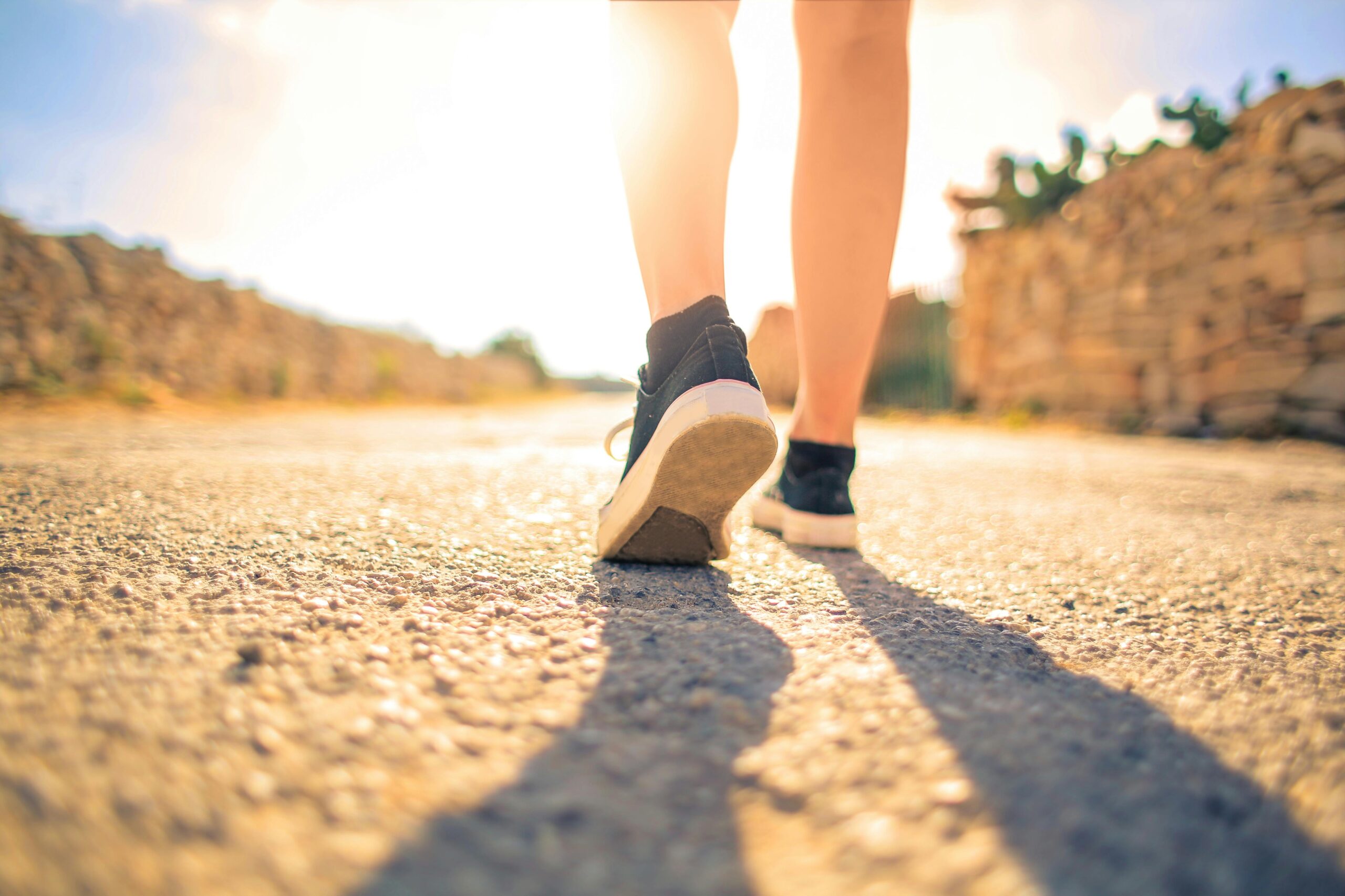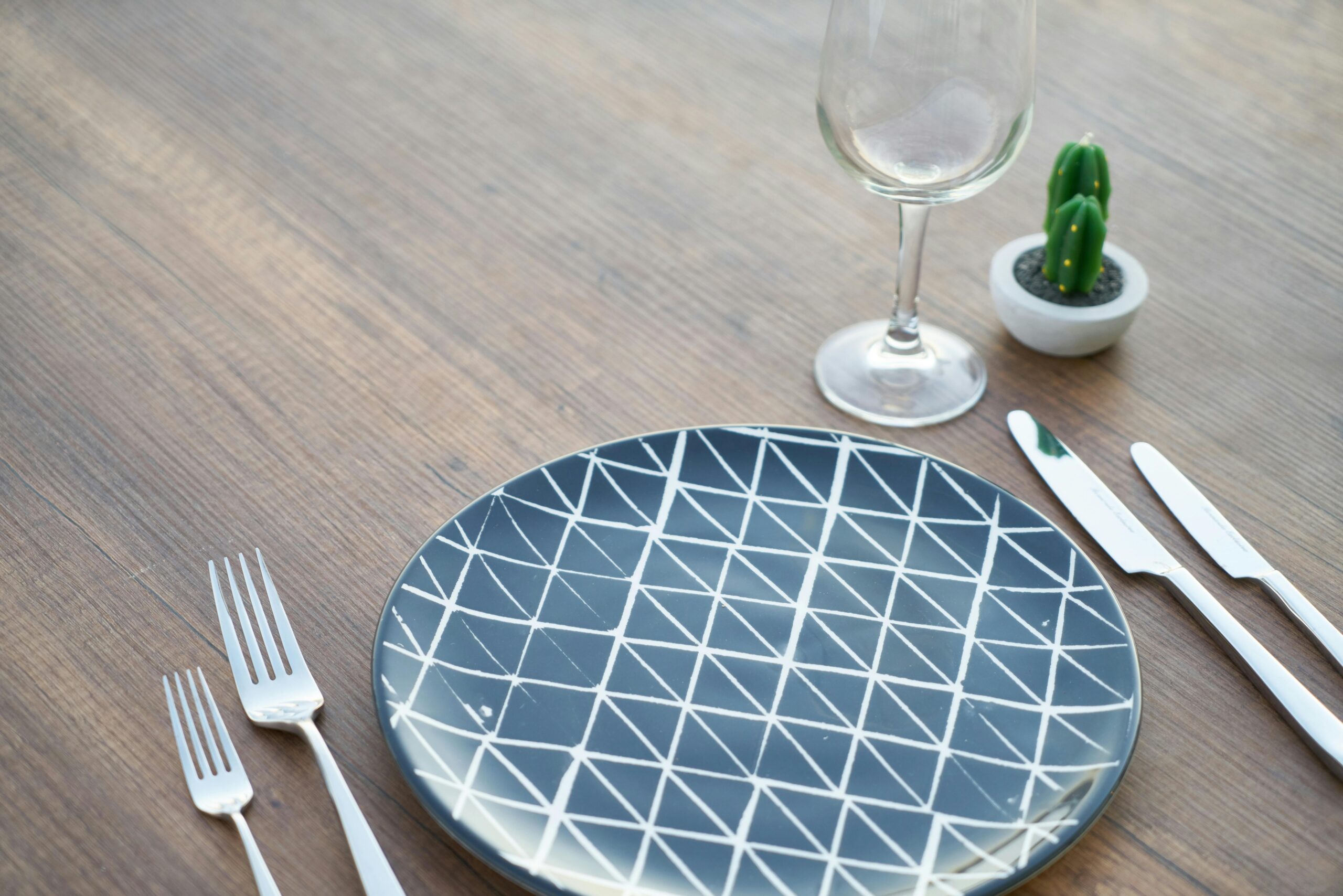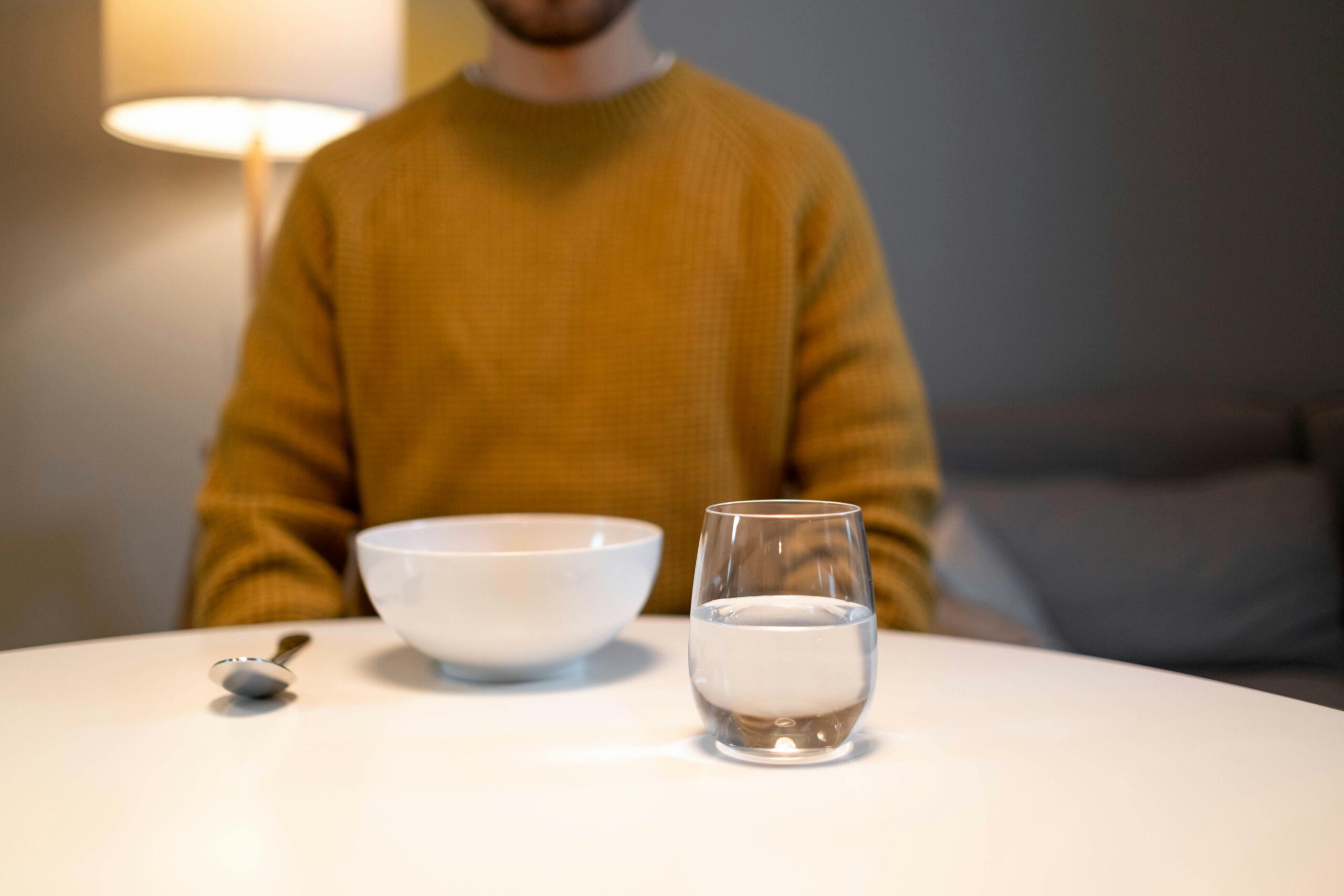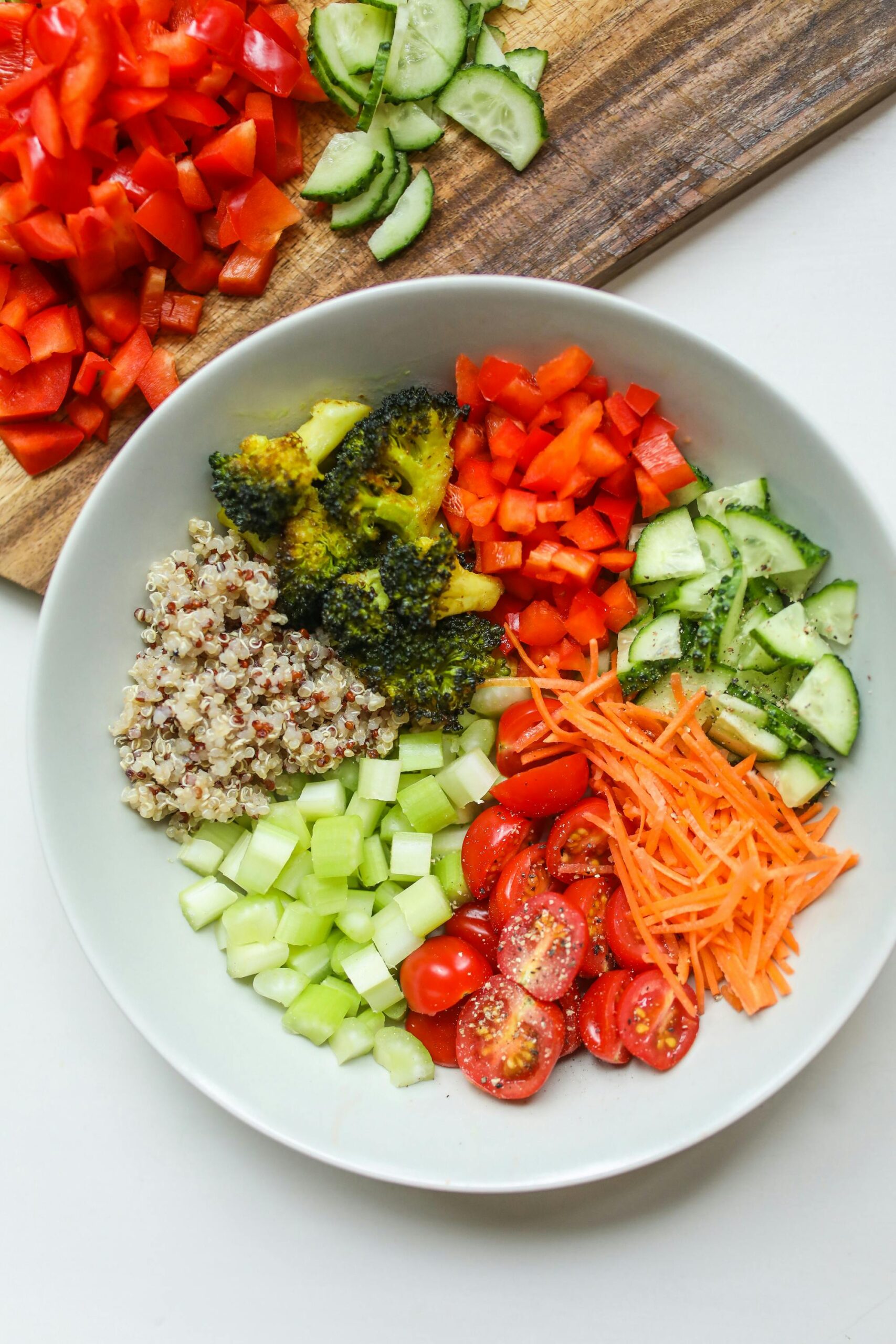Walking is essential for good health. It has recently gained a lot of popularity in the health and fitness communities as a form of exercise. Walking is built into our ancestral DNA as there is a need to walk and explore the environment.
Over the years, many of us have taken fewer steps for various reasons, such as driving almost everywhere, constantly sitting in our offices or in front of computer screens, or melting into our coaches and becoming, in other words, ‘couch potatoes’.
Lack of physical activities can lead to numerous chronic illnesses such as;
- Diabetes
- Cancer
There are many benefits of walking. These include:
WEIGHT LOSS
Walking has been known to aid in fat loss. If done consistently, walking along with a good diet will automatically lead to weight loss. A good 30-minute walk burns over 200 calories.
LOWERS CORTISOL LEVELS
Walking has been shown to lower cortisol levels which is a stress hormone. Walking especially in nature is therapeutic making the body more relaxed. This in turn leads to improved levels of creativity and enhancement of your problem-solving skills. It also leads to less anxiety thus improving your health.
STRENGTHEN BONES AND MUSCLES
Walking aids in strengthening brittle bones. Especially in older women where research has shown that women in their post-menopausal stage have decreased estrogen levels leading to the weakening of their bones. Walking can aid in this aspect and also tone the leg and abdominal muscles.
LOWER BLOOD SUGAR LEVELS
Taking a 20-30-minute walk after having a meal will lower blood sugar levels. This is because walking cuts down the blood sugar levels that have spiked after eating a meal. Research has shown that walking decreases blood sugar levels by up to 40-50% in response.
IMPROVE HEART HEALTH
One of the major ways that walking can improve your heart health is by lowering your blood pressure. Research shows that for every 1,000 daily steps you take, you could lower your systolic blood pressure by .45 points.
BOOST METABOLISM
Walking can support your metabolism by decreasing your sugar cravings. Research has shown that walking boosts your metabolism up to 12 hours afterward.
HELPS IN REDUCING MENSTRUAL CRAMPS
Performing light exercise such as walking can help in reducing bloating and pain in menstrual cramps. This type of physical activity improves blood circulation and leads to the release of endorphins which is the ‘feel good’ hormone thus improving one’s general mood.
IMPROVES MOOD
Research has shown that talking walks especially in nature tends to alleviate one’s mood. Taking short strolls in green places and soaking in sunlight helps make one feel better.
IMPROVES SLEEP
Walking is a form of aerobic exercise and studies have shown that it has the same effects as sleeping pills. It leads to high-quality sleep by boosting the production of the sleeping hormone which is melatonin.
IMPROVES IMMUNITY
Walking boosts your immune system by increasing the production of immune cells which eliminate pathogens present. It also increases the rate of healing as a study has shown that people who are more physically active heal faster than those who aren’t.
REDUCES RISK OF CHRONIC ILLNESSES
Walking reduces the risk of one having chronic illnesses such as diabetes and some cancer. Plus the physical and mental health benefits contribute to overall quality of life as we age.
Walking is more than just a way to get from one point to another it is a powerful tool for improving health, well-being, and quality of life. It is easily accessible since it requires no special equipment and has no age limit. You can incorporate it into your lifestyle by taking walks during lunch breaks or during your free time to accumulate your walks throughout the day.
Listening to audiobooks, music or a podcast can help when taking these walks can make it more fun. You can also call your friends and family during these walks to make it easier.
Whether you’re walking for fitness, mental clarity, or social connection, the benefits of walking extend far beyond physical health. So lace up your shoes and take a step toward a healthier, happier you—one walk at a time.








